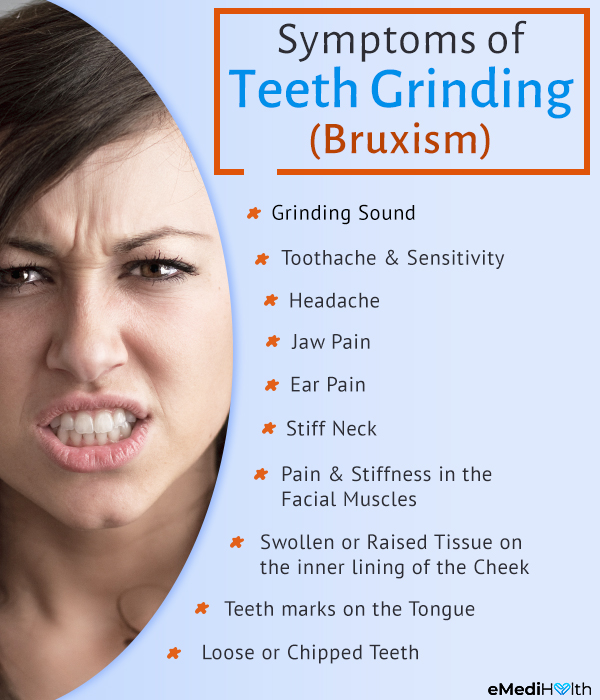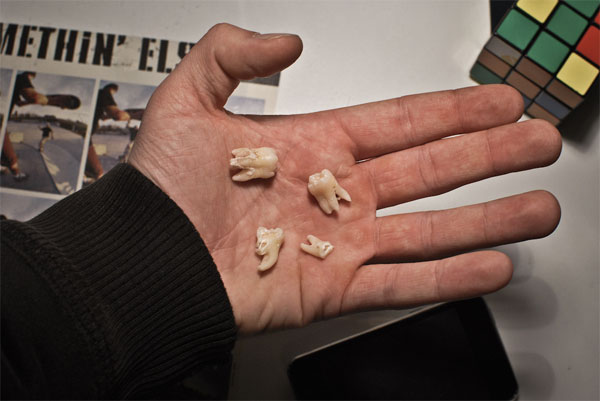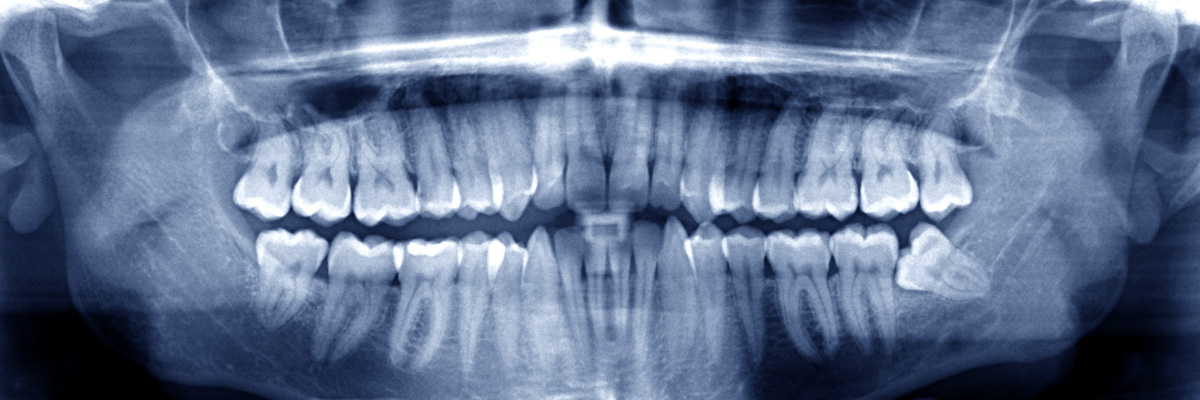Teeth grinding in sleep
Home » » Teeth grinding in sleepYour Teeth grinding in sleep images are available in this site. Teeth grinding in sleep are a topic that is being searched for and liked by netizens now. You can Download the Teeth grinding in sleep files here. Download all free vectors.
If you’re searching for teeth grinding in sleep images information connected with to the teeth grinding in sleep interest, you have come to the ideal blog. Our site always provides you with suggestions for seeing the maximum quality video and picture content, please kindly search and locate more informative video content and images that fit your interests.
Teeth Grinding In Sleep. This can occur during the day or at night while sleeping. We’re talking sleepless nights and sore jaws — a result of bruxism, also known as teeth grinding, clenching, or gnashing. Many people learn that they grind their teeth from a loved one who hears it. This grinding can cause significant damage to the teeth and pain in the jaw, not to mention possible sleep deprivation that comes with its own side effects.
 How to Stop Teeth Grinding? From howrid.com
How to Stop Teeth Grinding? From howrid.com
This helps prevent tooth damage associated with grinding, but it also helps you sleep. Bruxism can be a physical expression of stress; It is very bad for your teeth health. A dull, constant headache and/or pain in the jaws when you wake up are the most common symptoms of teeth grinding. We’re talking sleepless nights and sore jaws — a result of bruxism, also known as teeth grinding, clenching, or gnashing. This can occur during the day or at night while sleeping.
The movements resemble chewing but generally involve more force.
4 grinding teeth at night is more common than during the day, but it can easily go undetected unless it becomes severe and causes daytime sensitivity or pain. If you�re a photographer you may find my lightroom presets handy: This can occur during the day or at night while sleeping. If your child grinds their teeth and also snores loudly, breathes with their mouth open, or chokes or gasps while they’re asleep, it’s a good idea to see your gp. Sleep bruxism describes nightly teeth grinding or clenching of the jaw. Stress is the most common cause of teeth grinding.
 Source: emedihealth.com
Source: emedihealth.com
While it is not serious, continuous clenching of the jaw while grinding can cause headaches, disruption of sleep, jaw pain, and dental health issues. Because grinding often occurs during sleep, most people are unaware that they grind their teeth. This grinding can cause significant damage to the teeth and pain in the jaw, not to mention possible sleep deprivation that comes with its own side effects. 4 grinding teeth at night is more common than during the day, but it can easily go undetected unless it becomes severe and causes daytime sensitivity or pain. The main symptom of sleep bruxism is involuntary clenching and grinding of the teeth during sleep.
 Source: iytmed.com
Source: iytmed.com
If you don’t address it, the combination of stress and teeth grinding could turn into insomnia. Bruxism is not considered dangerous in and of itself, but the constant grinding or clenching of teeth can cause jaw pain and damage to the teeth over time. This helps prevent tooth damage associated with grinding, but it also helps you sleep. Relaxation techniques can help reduce your nightly teeth grinding. For example, susceptible people may tend to grind their teeth when they are angry, concentrating hard on a particular task or feeling anxious.
 Source: howrid.com
Source: howrid.com
Sleep bruxism is a parasomnia that causes you to grind your teeth at night. When teeth grinding occurs during the day, it is known as awake or diurnal bruxism. Teeth grinding is most often caused by stress or anxiety and many people are not aware they do it. During sleep, adults and children may engage in teeth grinding without being fully aware they are doing it. People with sleep bruxism don’t grind their teeth throughout the night.
 Source: raisingchildren.net.au
Source: raisingchildren.net.au
The movements resemble chewing but generally involve more force. In particular, teeth grinding is sometimes linked to a type of antidepressant known as a selective serotonin reuptake inhibitor (ssri). This can occur during the day or at night while sleeping. Many times people learn that they grind their teeth by their partners, who hears the grinding at night. Sleep bruxism is a parasomnia that causes you to grind your teeth at night.
 Source: markham7dental.com
Source: markham7dental.com
Teeth grinding is most often caused by stress or anxiety and many people are not aware they do it. If stress is causing your sleep bruxism, take note: These guards are custom fit to your teeth and provide a cushion between your teeth. Once a patient identifies the cause of their teeth grinding, they can take the proper steps to stop it. Awake bruxism can be treated with biofeedback therapy, as the person grinding their teeth is fully conscious while bruxing and can actively address the teeth grinding.
 Source: minthilldentistry.com
Source: minthilldentistry.com
Nocturnal teeth grinding or bruxism is the jaw clenching, tooth grinding one engages in while asleep. This grinding can cause significant damage to the teeth and pain in the jaw, not to mention possible sleep deprivation that comes with its own side effects. The main symptom of sleep bruxism is involuntary clenching and grinding of the teeth during sleep. If you don’t address it, the combination of stress and teeth grinding could turn into insomnia. If you�re a photographer you may find my lightroom presets handy:
 Source: perfectsmiledentist.com
Source: perfectsmiledentist.com
This can happen when you’re awake (“awake bruxism”), or when you’re sleeping (“sleep bruxism”.) bruxism is fairly common, especially in children: This helps prevent tooth damage associated with grinding, but it also helps you sleep. It is very bad for your teeth health. 4 grinding teeth at night is more common than during the day, but it can easily go undetected unless it becomes severe and causes daytime sensitivity or pain. The most common treatment for nighttime teeth grinding, or bruxism, is a night guard, or teeth grinding guard.
 Source: dhealth.com.au
Source: dhealth.com.au
Teeth grinding can sometimes be a side effect of taking certain types of medicine. These guards are custom fit to your teeth and provide a cushion between your teeth. It is very bad for your teeth health. Although teeth grinding can be caused by stress and anxiety, it often occurs during sleep and is more likely caused by an abnormal bite or. The main symptom of sleep bruxism is involuntary clenching and grinding of the teeth during sleep.
 Source: zenfulsleep.com
Source: zenfulsleep.com
If you�re a photographer you may find my lightroom presets handy: Because grinding often occurs during sleep, most people are unaware that they grind their teeth. Sleep bruxism is a parasomnia that causes you to grind your teeth at night. Teeth grinding can sometimes be a side effect of taking certain types of medicine. It can coexist with other sleep disorders like obstructive sleep apnea and night terrors, and brings about severe dental damage when left unchecked.
This site is an open community for users to submit their favorite wallpapers on the internet, all images or pictures in this website are for personal wallpaper use only, it is stricly prohibited to use this wallpaper for commercial purposes, if you are the author and find this image is shared without your permission, please kindly raise a DMCA report to Us.
If you find this site serviceableness, please support us by sharing this posts to your preference social media accounts like Facebook, Instagram and so on or you can also save this blog page with the title teeth grinding in sleep by using Ctrl + D for devices a laptop with a Windows operating system or Command + D for laptops with an Apple operating system. If you use a smartphone, you can also use the drawer menu of the browser you are using. Whether it’s a Windows, Mac, iOS or Android operating system, you will still be able to bookmark this website.